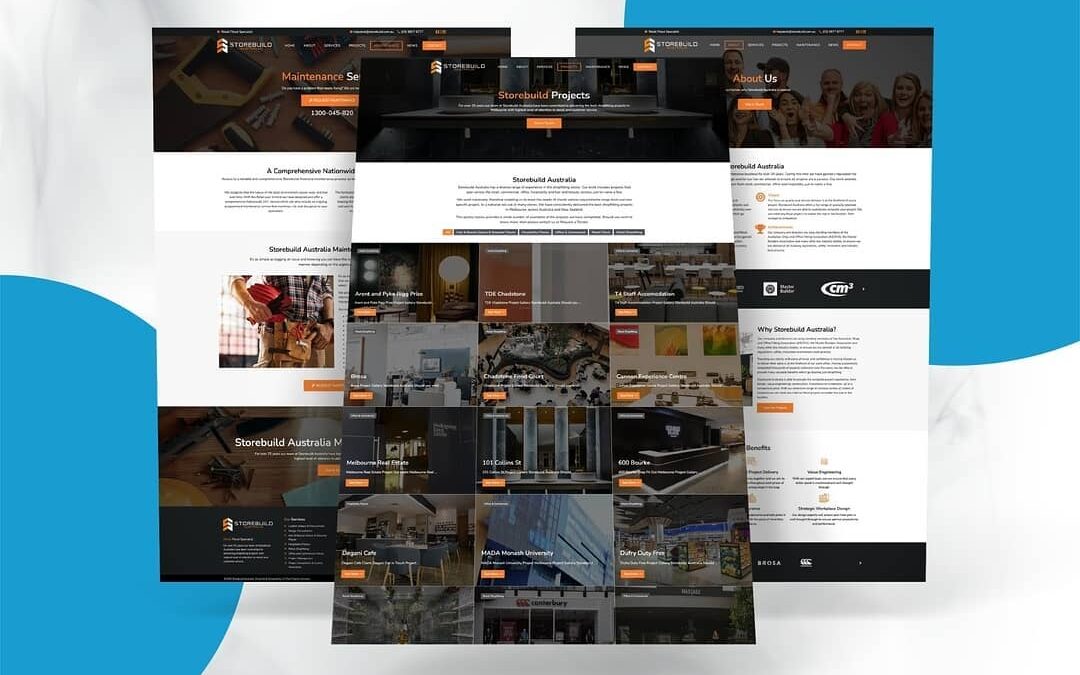Writing a blog can sometimes feel like you’re trying to solve a puzzle with a million pieces. You’ve got your ideas, your passion, and maybe even your audience, but how do you get all these elements to click together in a way that not only attracts readers but also pleases the ever-watchful eyes of search engines?
That’s where SEO comes into play. It’s not just about throwing keywords into the mix and hoping for the best. It’s crafting your content smartly to ensure it gets the visibility it deserves. So, if you’ve ever wondered how to make your blog work harder for you, stick around. We’ve got some top-notch blog writing tips for SEO that will help you get your content noticed.
Why Consistent Blog Writing is Important for Your Website SEO?
In the digital world, consistent blog writing is a cornerstone for enhancing your website’s SEO. This ongoing effort does more than just keep your audience informed, it also signals to search engines like Google that your website is a living, breathing entity bustling with activity.
Each new post adds a layer to your site’s content, improving its visibility and making it more likely to be ranked. This is crucial because higher rankings translate to more eyes on your content. Furthermore, regular updates help in targeting a variety of keywords related to your niche, broadening your reach. As your website becomes a repository of rich, up-to-date information, it naturally attracts more visitors and gains credibility, which are key factors in SEO performance.
Keeps Content Fresh
Search engines prioritise websites that consistently update with fresh content. Regular blog posts signal to these search engines that your site is active, encouraging them to index your new content more frequently. This increases your chances of ranking higher, which can lead to more visibility and visitors to your website.
Improves Keyword Saturation
By consistently incorporating relevant keywords into your blog posts, you gradually enhance your website’s keyword saturation. This doesn’t mean stuffing your content with keywords but rather strategically placing them to align with how potential visitors might search for your content, thereby improving your site’s relevance and visibility in search engine results.
Enhances User Engagement
Engaging content keeps visitors on your site longer, reducing bounce rates and signalling to search engines that your site provides value. This increased engagement can lead to better search rankings. Moreover, regularly updated content encourages visitors to return, fostering a loyal audience over time.
What are the Essential Elements of Effective Blog Writing?
Effective blog writing is about crafting posts that resonate with readers and search engines alike. An engaging blog post is not only well-researched and informative but also structured in a way that readers find easy to digest.
It starts with a captivating headline that promises value, followed by an introduction that hooks the reader. The body of the post should be organised with subheadings, bullet points, and images to break up text and enhance readability. Additionally, a call-to-action at the end encourages reader interaction, which can lead to higher engagement rates. Importantly, the content must be original and offer unique insights into the topic at hand, helping it stand out in a sea of online information.
Clarity and Readability
Making your blog posts clear and easy to read is crucial. Use simple language, short sentences, and paragraphs to make your content accessible. This approach not only helps your readers understand your message easily but also improves the overall user experience, which is a factor search engines consider when ranking websites.
Strong Structure
A strong, logical structure in your blog posts helps readers and search engines alike navigate your content. Use headings and subheadings to organise your ideas. This structure not only enhances readability for your audience but also makes it easier for search engines to crawl and index your content effectively.
Engaging and Relevant Content
Content that captures and holds the reader’s attention is key. Your blog should address topics that matter to your audience, providing insights, solutions, and value that they can’t find elsewhere. Engaging content is more likely to be shared and linked to, further boosting your SEO efforts.
Keywords Integration Are Your Bestfriend
Integrating keywords effectively into your blog posts is akin to speaking the language of search engines fluently. Keywords act as signposts that guide search engines to your content, making it easier for them to understand and rank your posts according to what users are searching for.
However, the art lies in using them strategically— your keywords should fit seamlessly into your content, enhancing rather than detracting from the reader’s experience. This involves not only selecting the right keywords through thorough research but also using them in titles, headers, and throughout the post in a way that feels natural. Remember, the goal is to attract both search engines and real people looking for valuable information.
Choosing the Right Keywords
Selecting the right keywords is foundational to SEO success. Use tools and research to identify terms your target audience is searching for. Choose keywords that are relevant to your content and have a high search volume but low competition, making it easier for your blog to rank for those terms.
Natural Integration
Integrating keywords naturally into your content ensure it reads well and doesn’t seem forced. Your primary goal is to provide value to your readers, with SEO as a secondary benefit. Keywords should enhance the content’s relevance without compromising its quality or readability.
Long-tail Keywords
Focusing on long-tail keywords can be highly effective. These are longer, more specific phrases that visitors are likely to use when they’re closer to a point of purchase or when they’re using voice search. They’re less competitive than broader terms, making them easier to rank for.
How To Create a Fully Optimised Blog?
Creating a fully optimised blog is a process that goes beyond just writing engaging content. It involves fine-tuning various elements of your blog to ensure it meets the best SEO practices. This includes optimising your metadata with compelling titles and descriptions that include your target keywords, which can significantly impact your click-through rates from search engine results pages.
Additionally, structuring your URL to be clean, concise, and keyword-rich helps search engines and users alike understand what your post is about at a glance. Furthermore, leveraging internal linking not only aids in site navigation but also helps distribute page authority throughout your site, enhancing the SEO value of individual pages.
Metadata
The metadata of your blog post, including the title and meta description, plays a big role in SEO. It’s what appears in search engine results, enticing users to click through to your site. Including relevant keywords and making the description compelling can significantly increase your click-through rates.
URL Structure
A clean, descriptive URL structure not only benefits your users but also aids your SEO efforts. URLs that include keywords and are easy to read can help search engines understand your content better. This clarity can contribute to higher rankings and better user engagement with your site.
Internal Linking
Strategic internal linking helps spread link equity throughout your site, boosting the SEO potential of individual pages. It also improves site navigation, making it easier for users to find related content. This not only enhances the user experience but also encourages search engines to crawl more of your site’s pages.
Visibility, Increased Organic Traffic and Authority
Enhancing visibility, driving organic traffic, and establishing authority are the ultimate goals of SEO, and consistent, quality blog writing is a powerful tool to achieve these objectives. By regularly publishing optimised content, you’re more likely to appear in search engine results, which increases your website’s visibility. This, in turn, attracts organic traffic—visitors who find your site through search engine queries.
These visitors are often more engaged and interested in your content because it directly addresses their search intent. Over time, as your blog grows in size and quality, it helps establish your website as an authoritative source in your niche. This authority not only attracts more visitors but also earns trust from search engines, further improving your SEO and creating a virtuous cycle of growth.
Boosts Site Visibility
SEO-optimised blog posts increase your chances of appearing in search results, putting your site in front of more potential visitors.
Drives Organic Traffic
By ranking well for relevant keywords, your blog can attract more organic traffic. This is the kind of traffic that comes directly from search results, without the need for paid advertising.
Establishes Authority
High-quality, informative blog posts can help establish your site as an authority in your field. Over time, this can lead to increased trust from both readers and search engines, further boosting your SEO.
Alright — final thoughts. SEO and blog writing can feel a bit like trying to tame a wild beast. It’s tricky, sometimes frustrating, but oh-so-rewarding when you get it right. Remember, integrating keywords into your blog isn’t about performing some arcane ritual to summon the Google gods. It’s more like seasoning your favourite dish just right—too little and it’s bland, too much and you’ll spoil it.
Consistency, clarity, and a dash of wit in your writing can turn your website into the online equivalent of a bestseller. Keep at it, and who knows? You might just become the next SEO wizard, or at the very least, get a few more eyeballs on your blog. Happy writing!
Hand Picked Articles















